Kovar is an iron, nickel, and cobalt alloy with a thermal expansion coefficient comparable to that of hard glass. Kovar is a registered trademark for a low-expansion alloy made of iron, nickel, cobalt, and trace amounts of the metals manganese, silicone, and carbon. It is also referred to as Rodar. Kovar was created primarily as a sealing alloy for materials made of glass and ceramic (specifically for compatibility with the thermal expansion characteristics of borosilicate glass).Read More…
We will meet your nickel alloy needs with bar, strip or wire forms. Our ISO 9001-registered company would like to be your nickel supplier for nickel alloys — copper nickel, nickel copper, nickel chromium, nickel manganese, soft magnetic nickel iron. Round up to 15"; flat roll thin as .0002".

As a manufacturer of stainless steel and nickel alloy products, Best Stainless & Alloys offers stainless steel and nickel alloy bar, plate, and pipe. We are a leader in the distribution of pump shaft quality material. Other services that we offer are grinding, forging, castings, plasma cutting, heat treating and boring.

Cobalt and nickel alloys are manufactured here. Through our many service centers, we can supply you with nickel plate, nickel bar, forging stock, fittings, flanges, tubing and wire. When your application is in a severely corrosive or high-temperature atmosphere, we are the nickel supplier for you.

Since 1952, the Welding Warehouse has been manufacturing and distributing a variety of stainless steel products as well as titanium, aluminum, nickel, low alloy steel, magnesium, silver alloy and copper base alloy products. We also offer precision wire processing. In addition, we meet aerospace material specifications.

More Kovar Suppliers
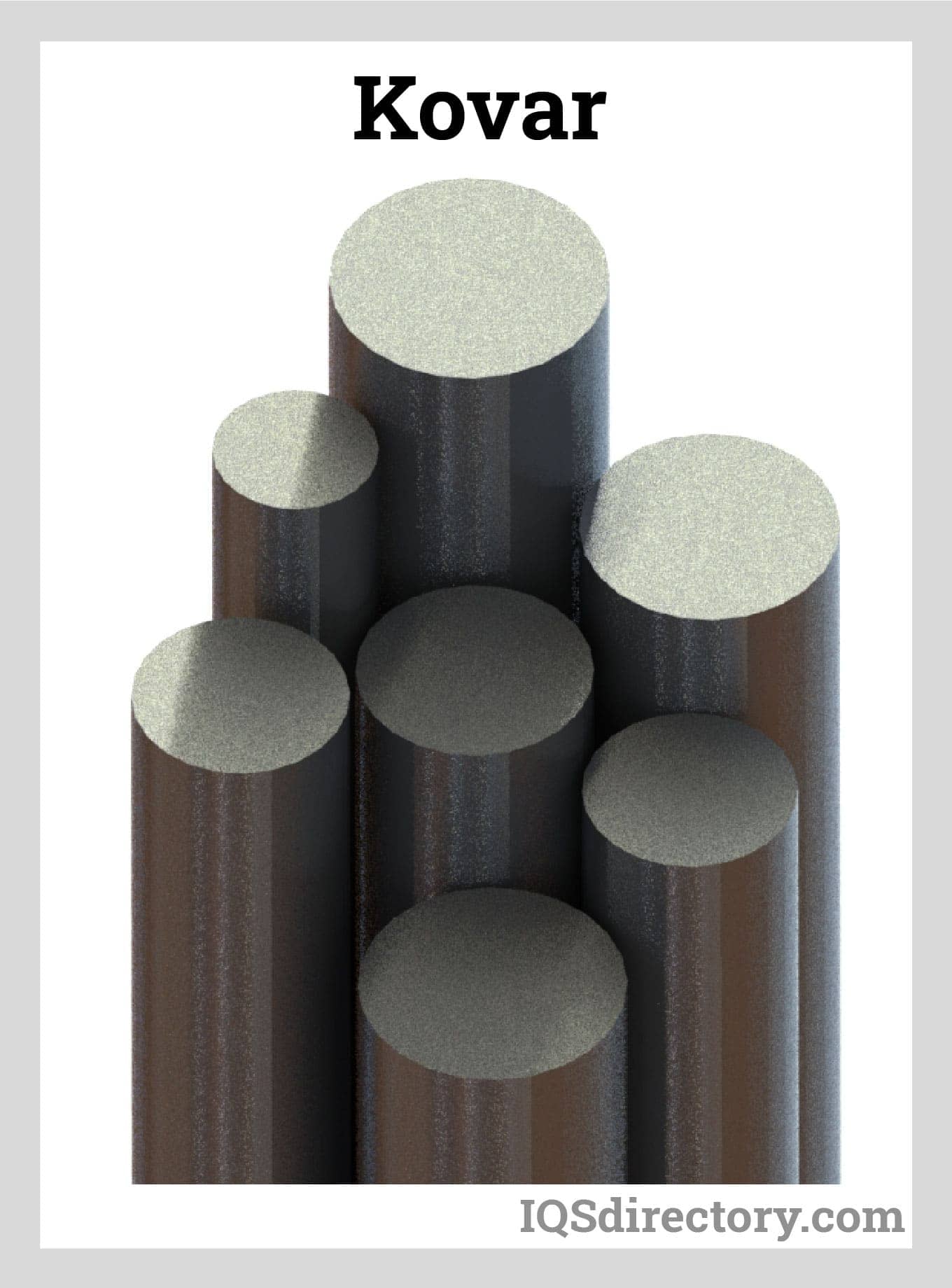
Applications of Kovar
For applications including vacuum tubes, transistors, and X-ray tubes, the material is employed by various industries, including electronics, medical, semiconductor, and industrial manufacturing.
Other areas where Kovar is implemented are:
- Metal or lead wires that are sealed with glass inside devices made of hard glass or ceramic
- In applications such as integrated circuit packaging, where low expansion with temperature change is a crucial quality
- Scientific apparatus
- Tubes for microwaves
- Hybrid products
- Energy tubes
- Diodes
Design of Kovar
Through several heat-treating procedures, such as annealing and forging, Kovar can be produced into shapes and parts like sheets, rods, plates, bars, and tubes. Kovar may be heated at high temperatures without harming it, but temperatures beyond 1652 °F (900 °C) are not advised because they will encourage grain growth. The main issue in forging Kovar is that the alloy needs to be heated quickly to prevent soaking in the furnace, which can alter the alloy's surface look.
Turning, drilling, tapping, and reaming are just a few examples of the secondary services that are frequently utilized on Kovar in addition to manufacturing procedures. The cutting tools' angle must be considered when turning Kovar. Likewise, the speed of the drill and the consequent feed must be considered when drilling Kovar. The same applies to reaming; however, different needed proportions apply. Last but not least, it is advised to tap Kovar at a speed of about 20 feet per minute (FPM) and to use either nitrided or electrolyzed tools.
Properties of Kovar
Kovar is vacuum melted, which means that the process of melting, refining, and casting was carried out in a vacuum and is most frequently utilized in applications requiring a glass-to-metal seal. Kovar has an extra magnetic quality at any temperature below the Curie point ( 815 °F or 435 °C). Kovar is comparable to Invar, another nickel alloy. Invar is a nickel steel alloy with low thermal expansion properties, whereas Kovar is unique for its low thermal expansion qualities in terms of its compatibility with heat-resistant glass.
Benefits of Kovar
The coefficient of thermal expansion of Kovar is its most important mechanical feature. The alloy has been carefully engineered to provide a coefficient of thermal expansion that is strikingly close to that of ceramic or hard glass (like borosilicate glass), meaning that its expansion and contraction rates are comparable. Thus, it performs flawlessly in applications involving glass or ceramic materials, especially where a hermetic seal must be maintained over a wide temperature range. A variety of products are created by combining metal, glass, or ceramic.
Material Properties of Kovar
Kovar has a precise composition of 54 percent iron, 29 percent nickel, 17 percent cobalt, two percent silicon, three percent manganese, and less than 0.01% carbon. To achieve the best compatibility with thermal expansion, this chemical composition has strict restrictions that are monitored.
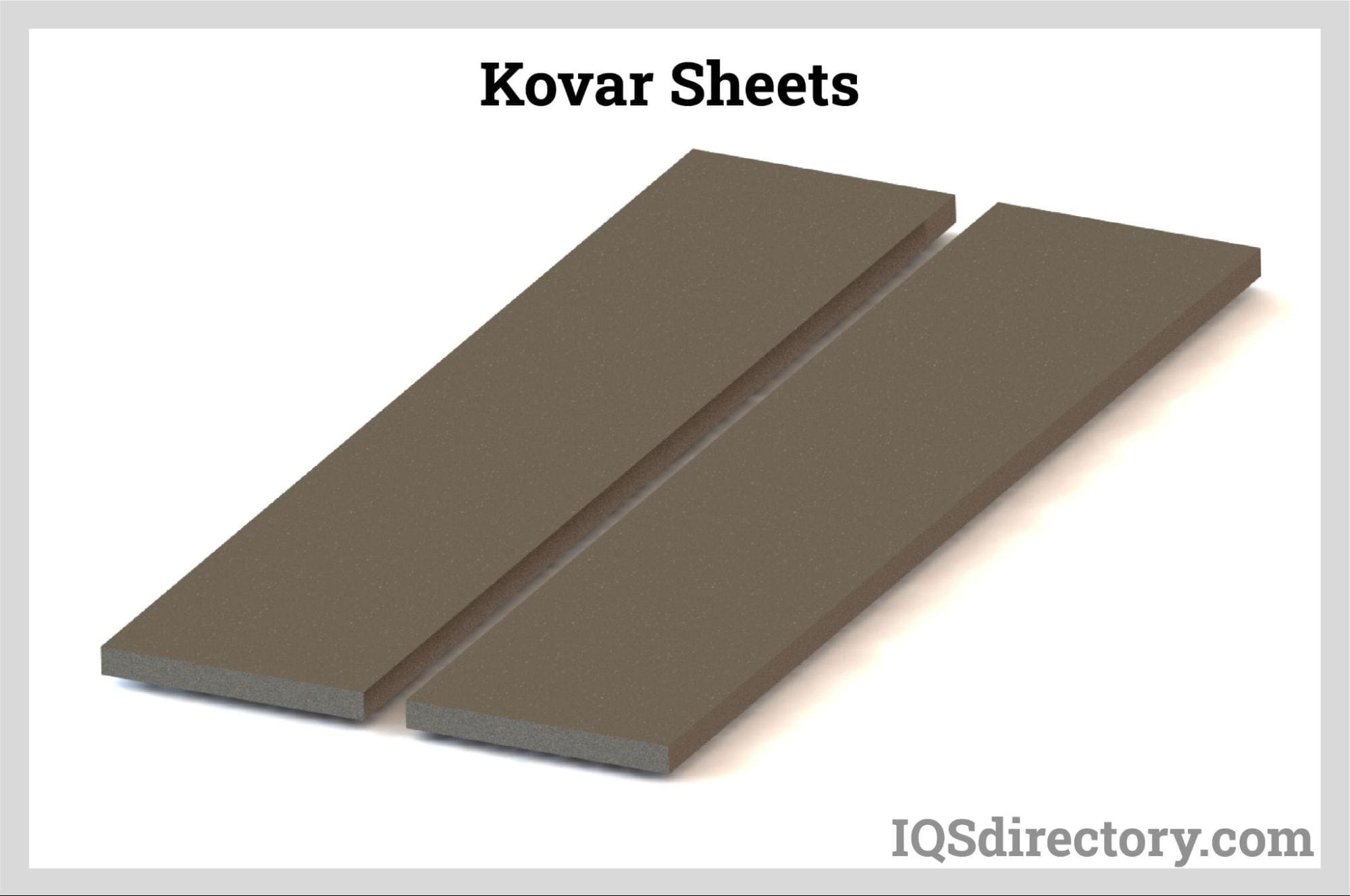
Finishing of Kovar
Kovar can easily be machined, formed, and welded using traditional techniques. It also frequently undergoes a heat treatment called annealing.
Annealing
Annealing is typically used to make a material more flexible and less stiff. This change in hardness and ductility is brought on by the reduction of dislocations in the material’s crystal structure. After a material has undergone a hardening or cold working technique, annealing is typically done to prevent brittle failure or to make a material more workable for subsequent operations.
After air cooling, annealing can be carried out at 2000 °F (788 °C). However, annealing following cold working may have an impact on the properties of the end product's thermal expansion. The material needs to be annealed at 1650 °F (899 °C) for 1 hour in a hydrogen environment to return to its original state. After 15 minutes of holding the temperature at 2010 °F (1099 °C), it must be lowered to room temperature in less than an hour.
KOVAR can be easily cold-worked using customary techniques because the alloy is ductile.
Stress Relief Annealing
- This is done to reduce stress and work hardening on components during intermediate production steps. It is intended specifically for spinning, drawing, and shaping. The steps are as follows:
- Clean and remove grease from parts.
- Anneal in a furnace with a controlled environment. The atmosphere may contain cracked gas, wet or dry hydrogen, dissociated ammonia, or another neutral atmosphere.
- The annealing temperature is not important, although it is best to avoid treatments that promote grain growth, such as those that use high temperatures (more than 1652 °F or 900 °C) or lengthy times (higher than 60 minutes). A typical cycle lasts 30 minutes at 1562 °F (850 °C).
- To prevent oxidation and/or thermal shock, parts should be kept at the specified temperature for the specified amount before furnace cooling to less than 347 °F (175 °C) (which may cause distortion).
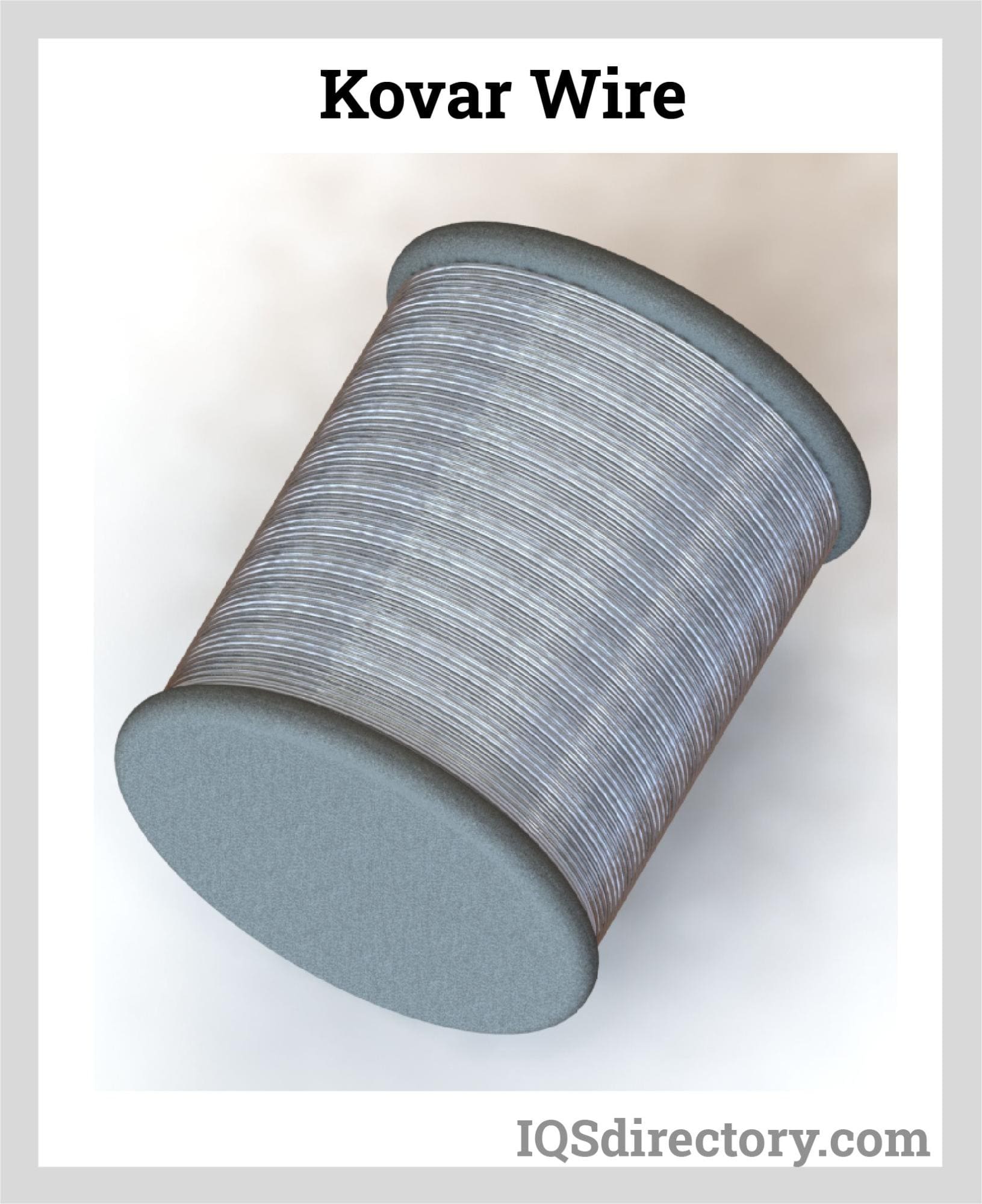
Choosing the Right Kovar® Supplier
To ensure you have the most constructive outcome when purchasing Kovar from a Kovar supplier, it is important to compare several companies using our directory of Kovar suppliers. Each Kovar supplier has a business profile page highlighting their areas of experience and capabilities, along with a contact form to directly communicate with the supplier for more information or request a quote. Review each Kovar business website using our patented website previewer to quickly learn what each company specializes in. Then, use our simple RFQ form to contact multiple Kovar companies with the same form.




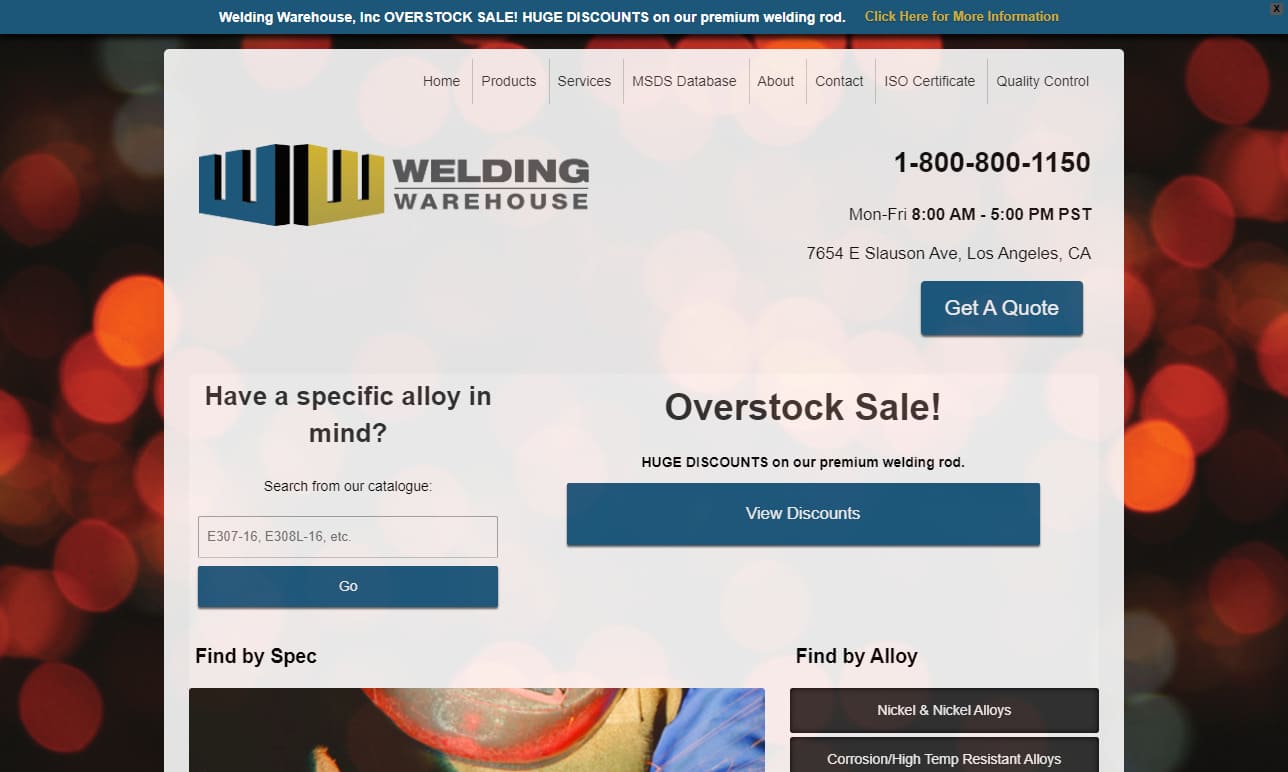
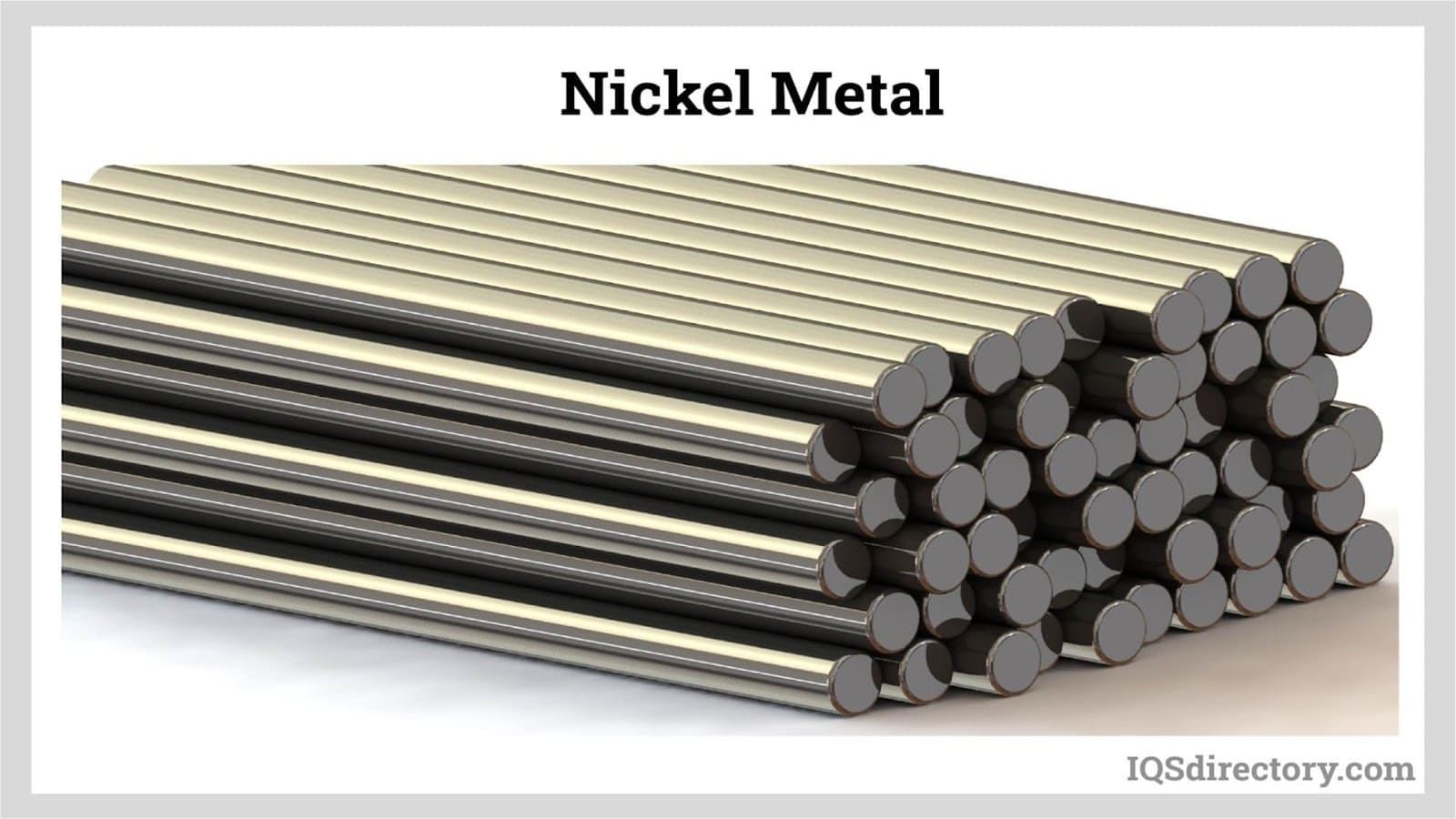
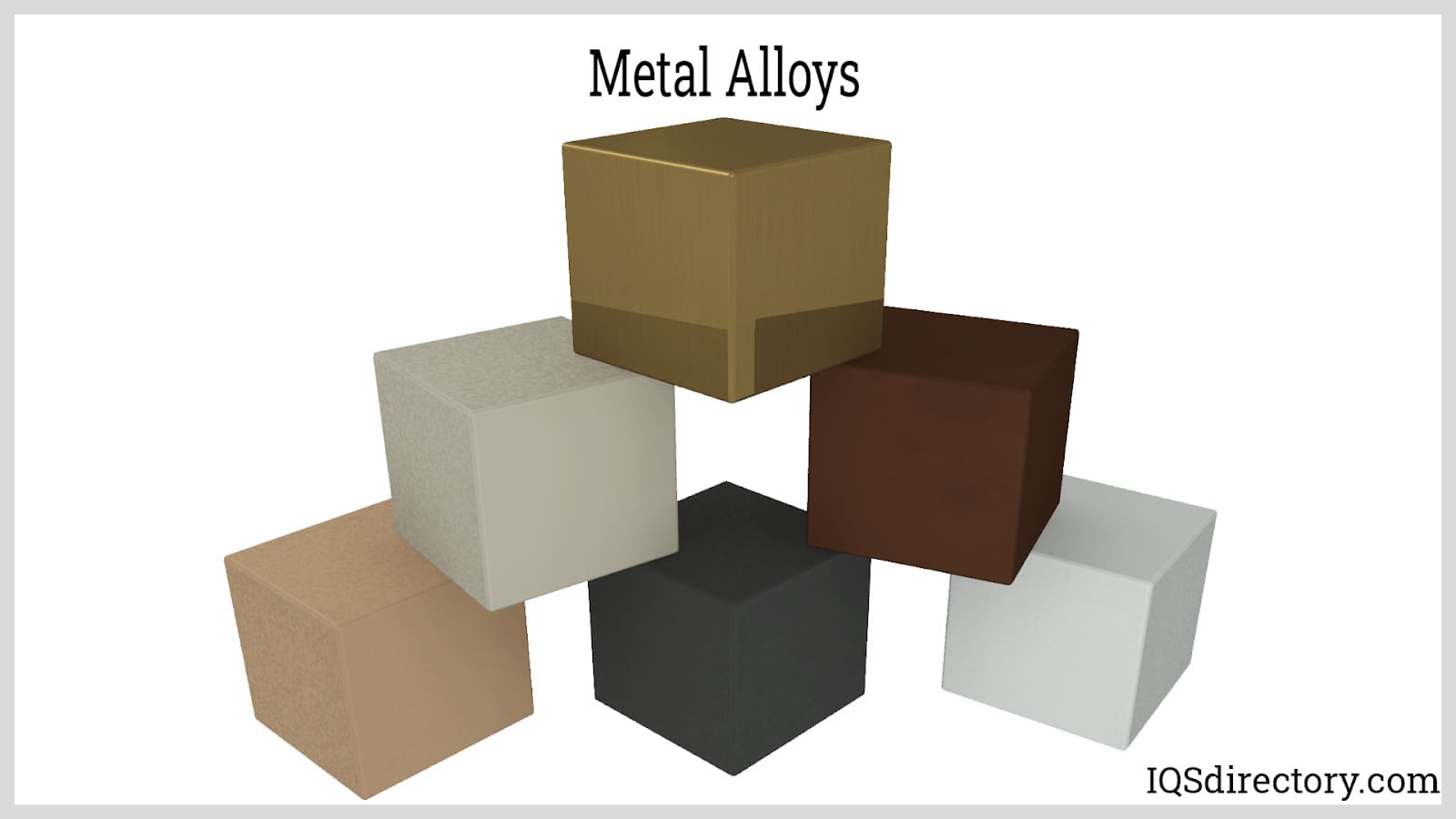
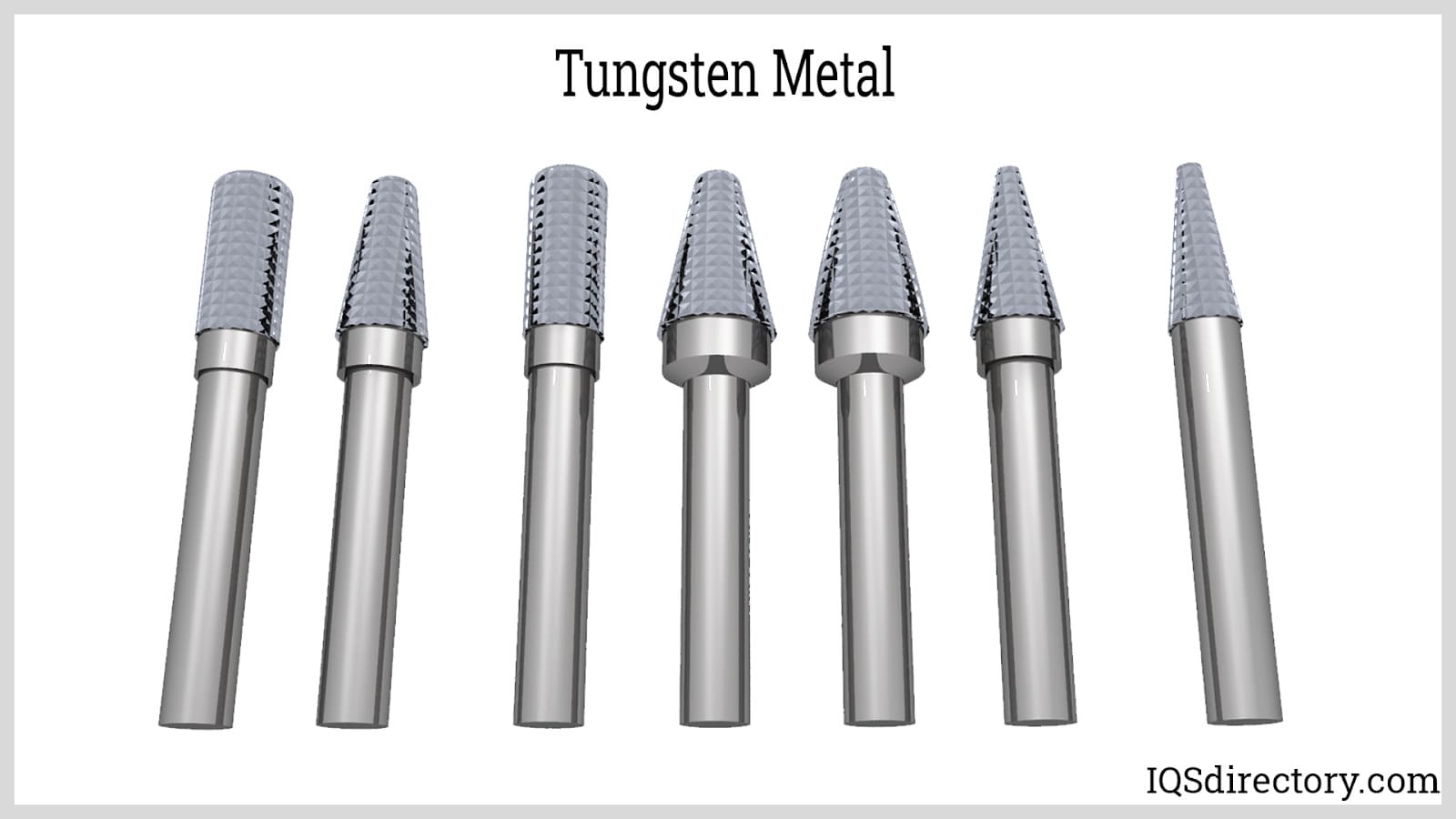



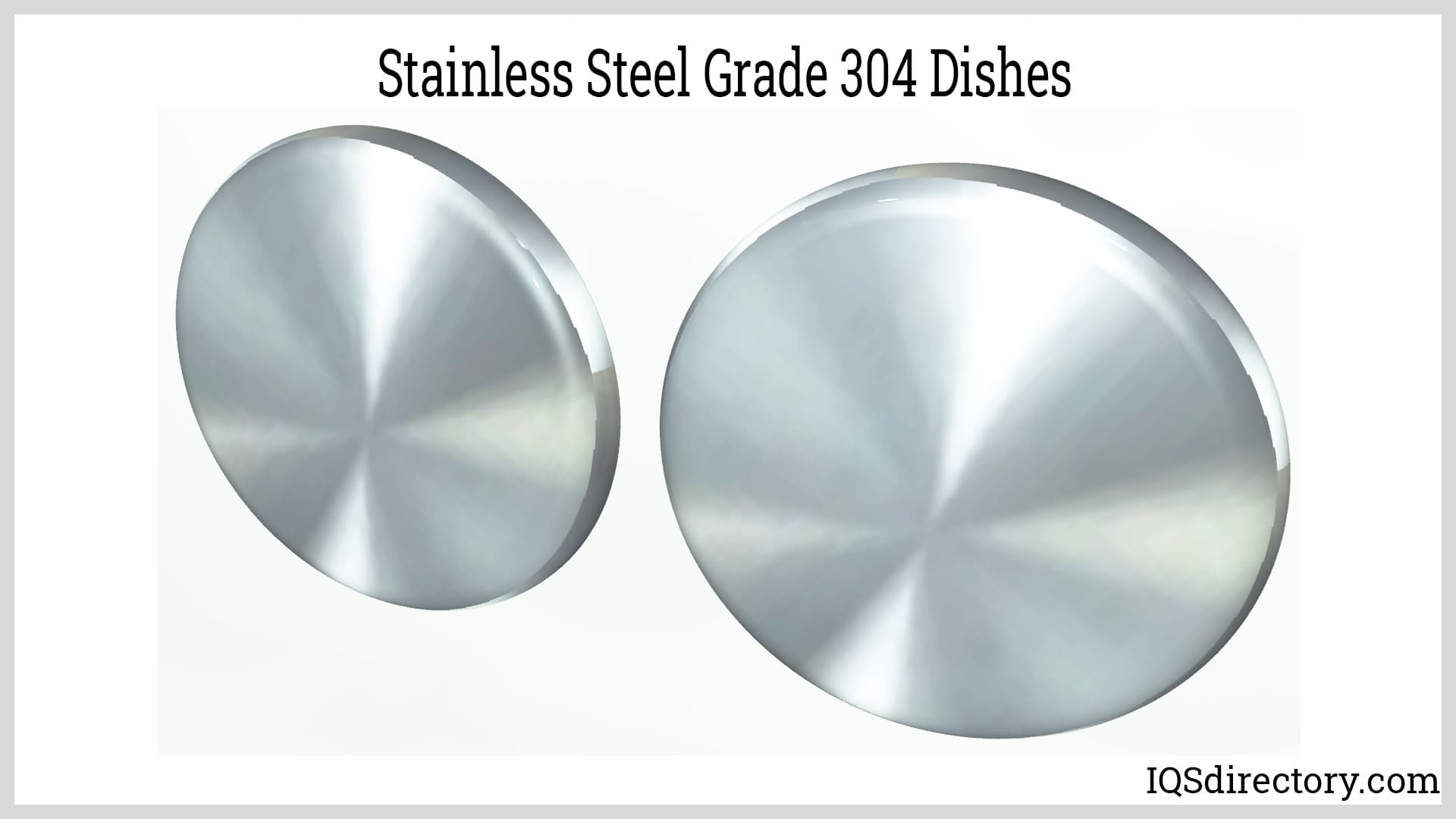
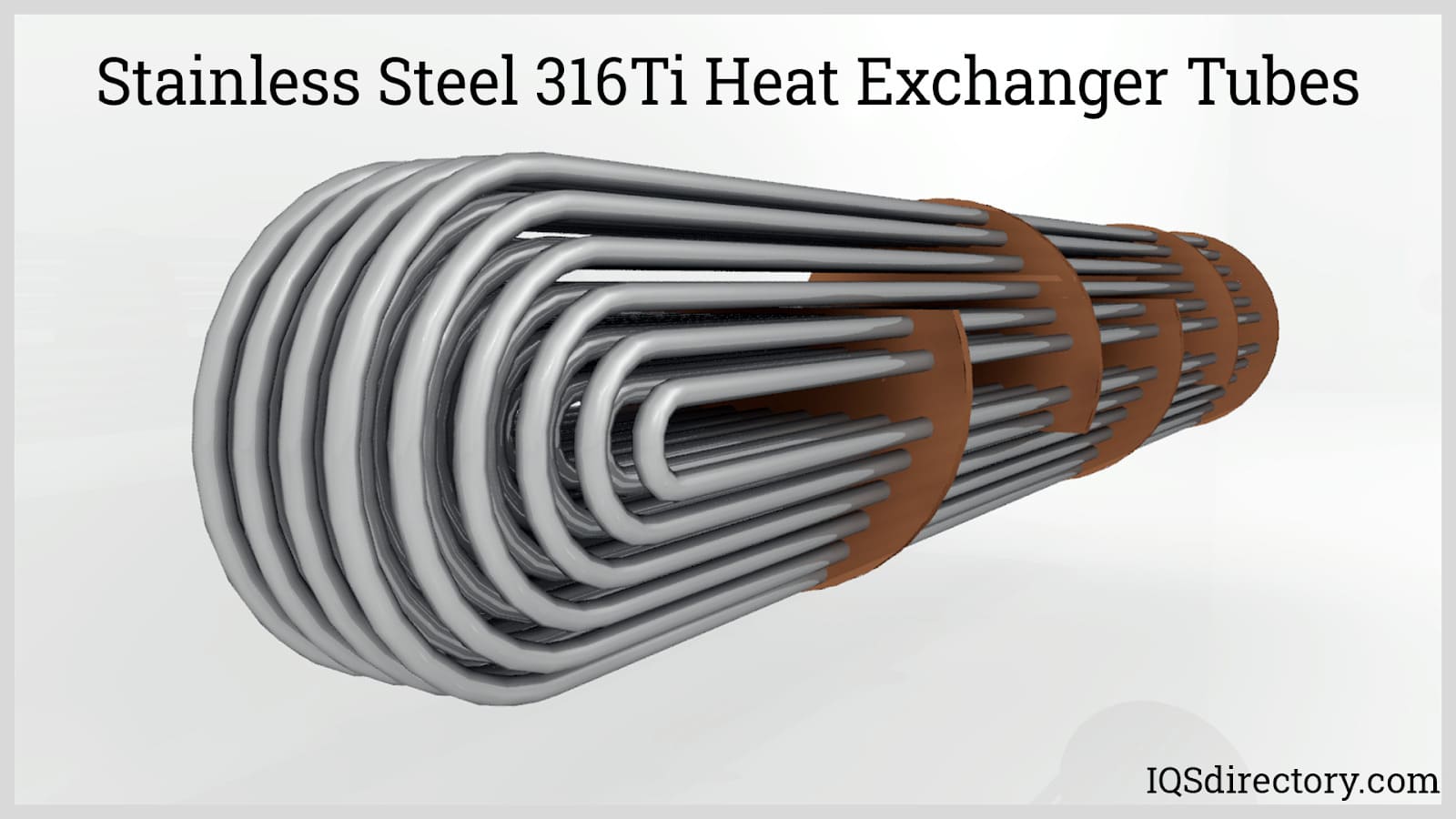

 Alloy Suppliers
Alloy Suppliers Aluminum
Aluminum Aluminum Extrusions
Aluminum Extrusions Copper-Brass-Bronze
Copper-Brass-Bronze Magnets
Magnets Nickel
Nickel Stainless Steel
Stainless Steel Stainless Steel Tubing
Stainless Steel Tubing Steel Service Centers
Steel Service Centers Titanium
Titanium Tungsten
Tungsten Wire Rope
Wire Rope Castings & Forgings
Castings & Forgings Bulk Material Handling
Bulk Material Handling Electrical & Electronic Components
Electrical & Electronic Components Flow Instrumentation
Flow Instrumentation Hardware
Hardware Material Handling Equipment
Material Handling Equipment Metal Cutting Services
Metal Cutting Services Metal Forming Services
Metal Forming Services Metal Suppliers
Metal Suppliers Motion Control Products
Motion Control Products Plant & Facility Equipment
Plant & Facility Equipment Plant & Facility Supplies
Plant & Facility Supplies Plastic Molding Processes
Plastic Molding Processes Pumps & Valves
Pumps & Valves Recycling Equipment
Recycling Equipment Rubber Products & Services
Rubber Products & Services